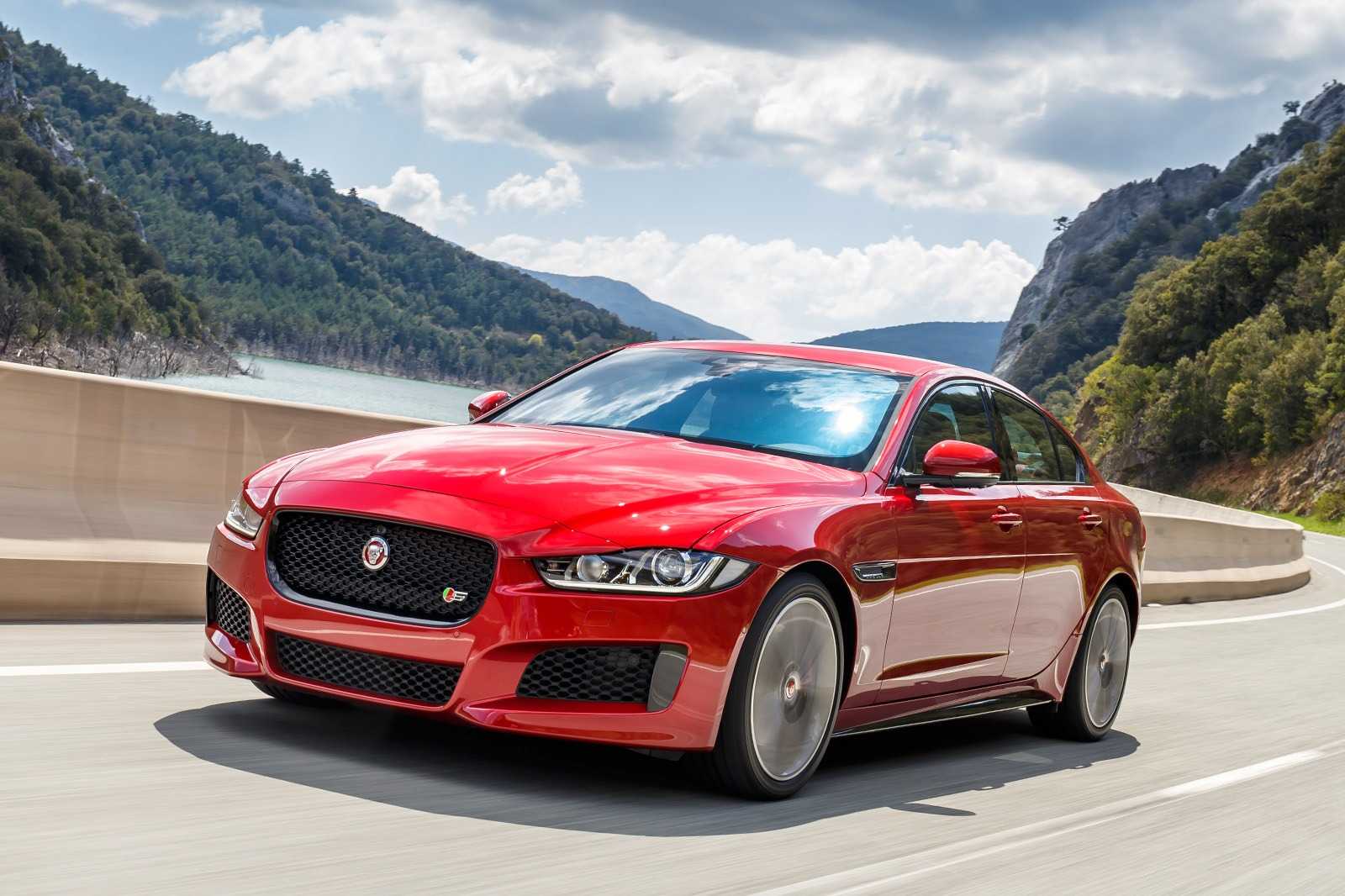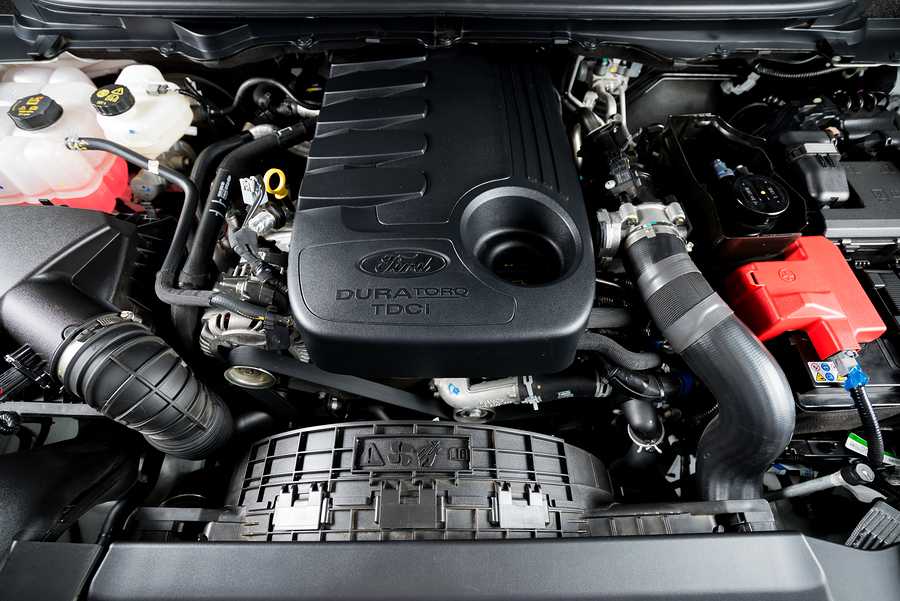The diesel engine is an internal combustion engine, just like a gas engine. But their functions and mechanism differ in big ways. How do diesel engines work, then? A diesel unit uses fuel injector nozzles to spray fuel into the combustion chambers. However, it needs elaborate discussion to understand how these engines actually work.
Whether petrol or diesel, an engine kicks off when the fuel is ignited. In a diesel engine, mechanical compression increases the air temperature in the cylinder, which ultimately causes the fuel ignition by spraying the fuel into the combustion chambers.
This mechanism is different from gas and petrol engines where a spark plug ignites the air-fuel mixture to kick off the engine.
Contents
What is a Diesel Car?
In simple words, a diesel car is an automobile that runs on diesel. Diesel engines have hardly been used in motor vehicles other than in trucks and vans. However, the scenario changed in the 1980s after the modification of the engine’s injection system controls.
Diesel is more energy-efficient than petrol; therefore, diesel cars offer a higher fuel economy and superior mpg. Their CO2 emission is significantly lower than petrol cars. Modern diesel cars like the Jaguar XE 20d or the Chevrolet Cruze (diesel version) are extremely clean in terms of emissions.

A well-maintained modern diesel vehicle is impressively clean in terms of emissions. It is nothing like those age-old models to leave a trace of black smoke wherever they go.
How do Diesel Engines Work
Diesel engines came as a replacement for steam engines. Earlier, they were used in ships, trucks, locomotives, and heavy-duty machinery. Automakers have started using them in motor vehicles from the 1930s but on a small scale. The use of these engines in mainstream vehicles had increased in the 1970s.
How do diesel engines work? We’ve explained the process in simple words so that everyone can understand.
Turning the ignition key.
What do you do to start the car? Turn the ignition key, right? Well, turning this key sets off a series of events that eventually lead to the car starts moving.
The process begins with fuel being injected into the cylinders at such a high pressure that the cylinder air does not need anything else to be heated up. For this reason, a diesel engine heats up quicker than a gas unit, which is helpful in cold weather.
Modern diesel cars can create higher injection pressure with the help of better fuel management techniques. The extra heat produced in this process preheats the combustion chamber and burns diesel more efficiently.
SEE MORE
When the start light comes on.
The next step of turning the ignition key is to press on the accelerator when the ‘start’ light comes on. At this stage, fuel goes from the tank to the engine through the fuel pumps.
There are a few fuel filters on this route to cleanse it before reaching the injector nozzles. The nozzles have tiny holes so filter cleaning and timely replacement is necessary to avoid clogging.
To understand the next step of how do diesel engines work, you should know how a delivery tube that transmits pressurized fuel from the fuel injection pump works.
The tube has to handle a high amount of pressure constantly and the engine control unit (ECU) is on the charge of this pressure. The ECU regulates not only the pressure but also a bunch of other functions including the timing of the fuel spray and its span.
Different diesel engine systems use different methods for controlling fuel injection. Automakers have always been striving for making something that is more powerful and efficient.
Everything gets mixed in the cylinders.
You now know how the fuel reaches the cylinders. But how the air goes to the cylinders to create the air-fuel mixture required for the ignition.
At the same time when the fuel is transported to the combustion chambers, the air also goes through several components to reach the same destination. It comes through an air cleaner in most diesel-run vehicles. However, some turbocharged diesel engines these days are more powerful to suck in a high volume of air into the cylinders. For this reason, these cars can produce a more powerful performance on the road and offer a great fuel economy.
Diesel vs Gas Engines: Which One Is Better?
You now know how do diesel engines work but will you choose one over a gasoline unit?
Consumers once rejected diesel-run cars for making loud noises and belching out black smoke. But those days are gone. With technological advancement, modern diesel cars run cleaner and quieter.
Diesel engines yield the highest thermal efficiency compared to other engine type. Diesel is a bit less expensive than gasoline and diesel-run cars produce better mileage. Besides, they perform better on the highways and emit fewer greenhouse gases.



